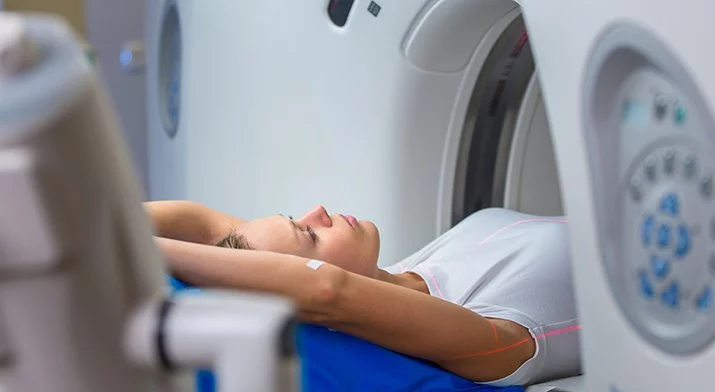Lung Screening Program
 Smoking is a major risk factor for developing lung cancer. Crouse Health’s Lung Cancer Screening Program provides low-dose lung CT screening for current and former smokers who are at high risk for developing this disease.
Smoking is a major risk factor for developing lung cancer. Crouse Health’s Lung Cancer Screening Program provides low-dose lung CT screening for current and former smokers who are at high risk for developing this disease.
We are now offering low-dose CT screenings for patients who meet the following criteria:
- 50 years of age
- 20 ‘pack-years‘ history of smoking
- If former smoker, quit date within last 15 years
All low-dose CT scans are read by Crouse Radiology Associates, with results sent to the ordering provider. Medicare, Medicaid and some private health insurance plans cover no-cost yearly screening.
Know Your Smoking History
Take a little time and do the math:
_________________________________
Take the average number of packs
you smoke a day
X _________________________________
Multiplied by the number of years
you smoked
= _________________________________
Equals your ‘Pack-Years’
You can also use this online calculator: Pack Years Calculator
Low-dose CT Scans
Lung cancer screening uses computed tomography (CT) scanning with a low dose of radiation to find lung nodules, some of which may be cancerous. People who are screened can lower their chances of dying from lung cancer. Finding lung cancer in its early stages is key for survival.
During a low-dose CT screening, you will lie flat on an exam table. You will usually be asked to hold your arms over your head. Next, the table will move through the scanner to the correct starting position for the scans. Then, while you hold your breath for five to 10 seconds, the table will move through the machine as the actual CT scan is done. The test is fast and easy with no needles or injections.
What Do the Results Mean?
Finding lung cancer early, when it is most treatable, is the goal of this screening. Ninety percent of small densities that can be found on screening CTs are benign (not cancerous).
The key to finding lung cancer early is to repeat the CT scan in six months to a year, or use other advanced imaging, such as PET scanning. Finding these small areas and following them is the key to early detection and treatment.
Need More Information?
Call our medical imaging schedulers at 315-470-5880, or click here to request an appointment.


